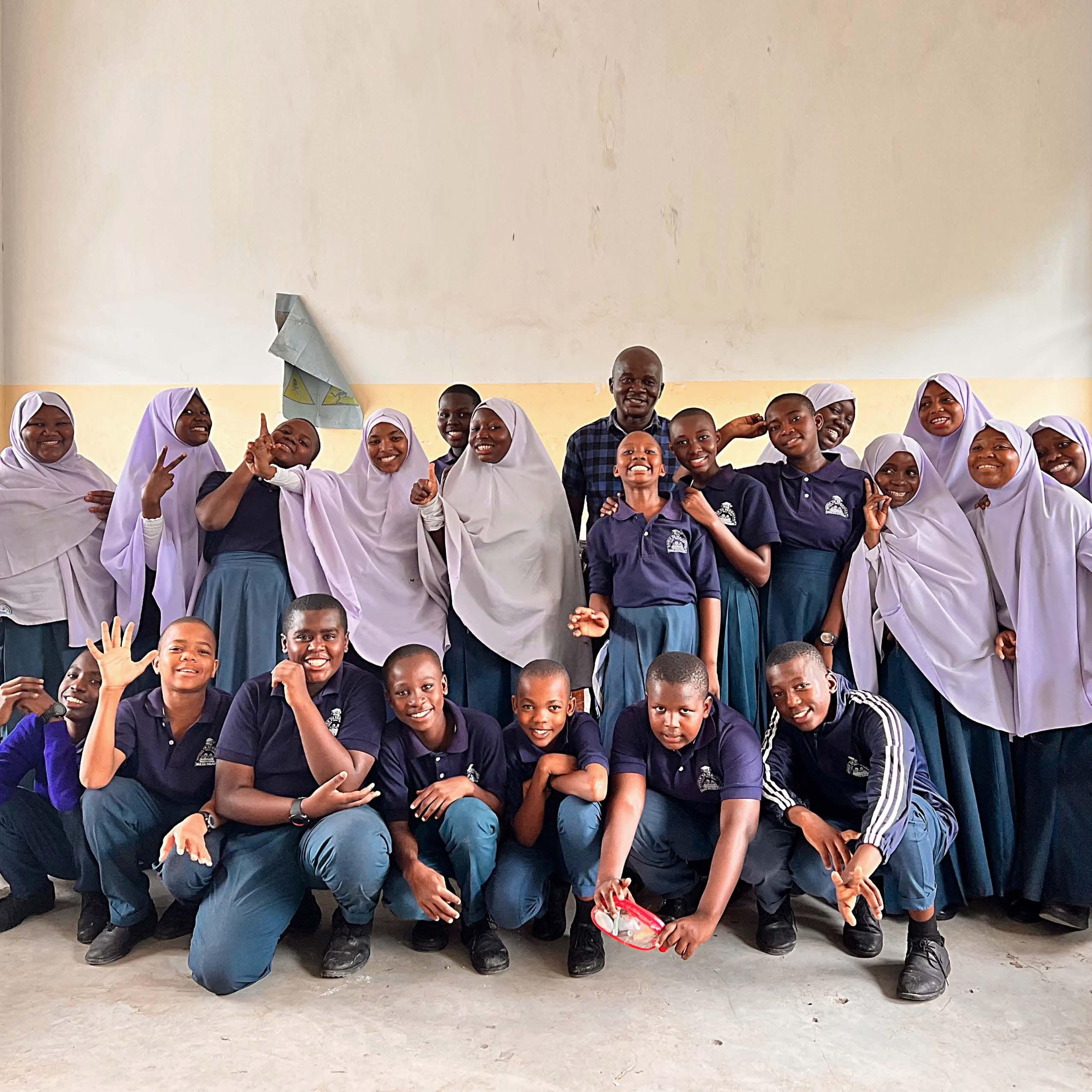






The future of Africa and the world lies in the hands of young people. The skills they build and the opportunities they pursue today will shape tomorrow.
At Educate!, we don’t just believe in young people’s potential — we see it every day, and in 2024, they showed us just how powerful and farreaching that impact can be.
We recently crossed a major milestone. Since we launched in 2009, Educate! has measurably impacted over half a million young people. Across East Africa, these youth are building livelihoods, shaping futures, and strengthening communities.
Behind this milestone are young people like Hanifah, who transformed a small plot of land into a thriving enterprise; Oliver, who launched a shop to support her family; and Ornella, who founded a tech initiative at just 19.
Their stories are a testament to what’s possible when youth are equipped with the right tools.
Succeeding in today’s economy requires more than academic knowledge and rote memorization — it takes critical thinking, communication, and hands-on learning that builds agency and skills for employment.
In 2024, we continued in pursuit of this vision. We strengthened government partnerships to embed employment-focused learning into national education systems and supported young people beyond the classroom through livelihood bootcamps for rural girls and young women.
We also generated important new evidence to further inform our strategy, approaching Educate!’s models as living products and continuously refining to maximize impact. This ensures we meet the evolving challenges young people face and better prepare youth like Hanifah, Oliver, and Ornella to thrive.
This progress would not have been realized without the support of our community. Every milestone is a shared achievement, made possible through your support, collaboration, and belief in what young people can do.
Together, we’re working to unlock economic opportunity for the next generation, and we are so grateful to have you alongside us.
With gratitude and optimism,


Boris Bulayev CEO & Co-founder



We never forget that Educate! exists to impact youth.

We take pride in going above and beyond to achieve the best results.

We are committed to seeking and applying new knowledge and ideas.
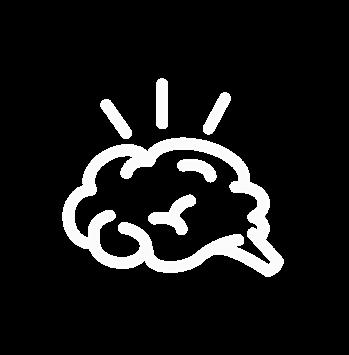
We say what we think while treating each other well.

We will always keep innovating to grow our impact.
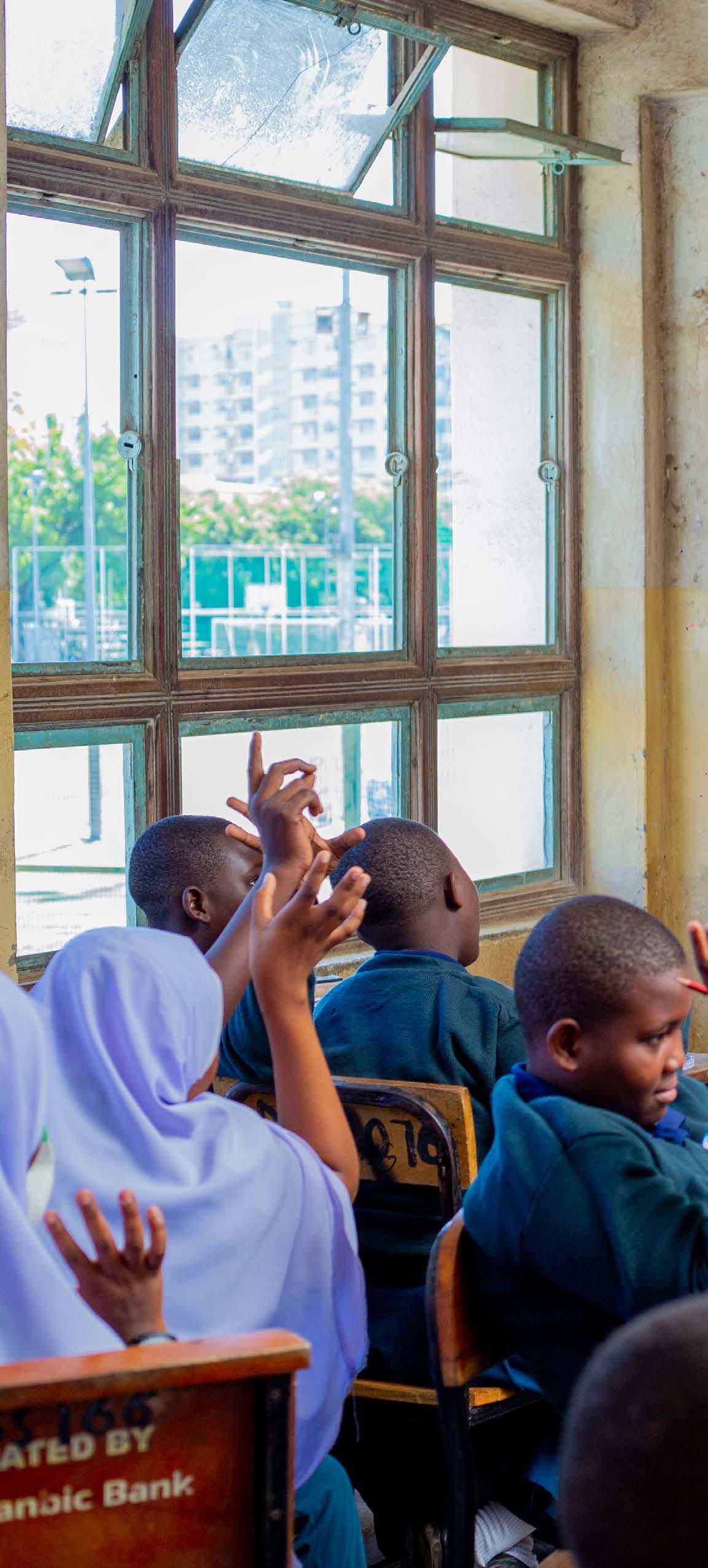
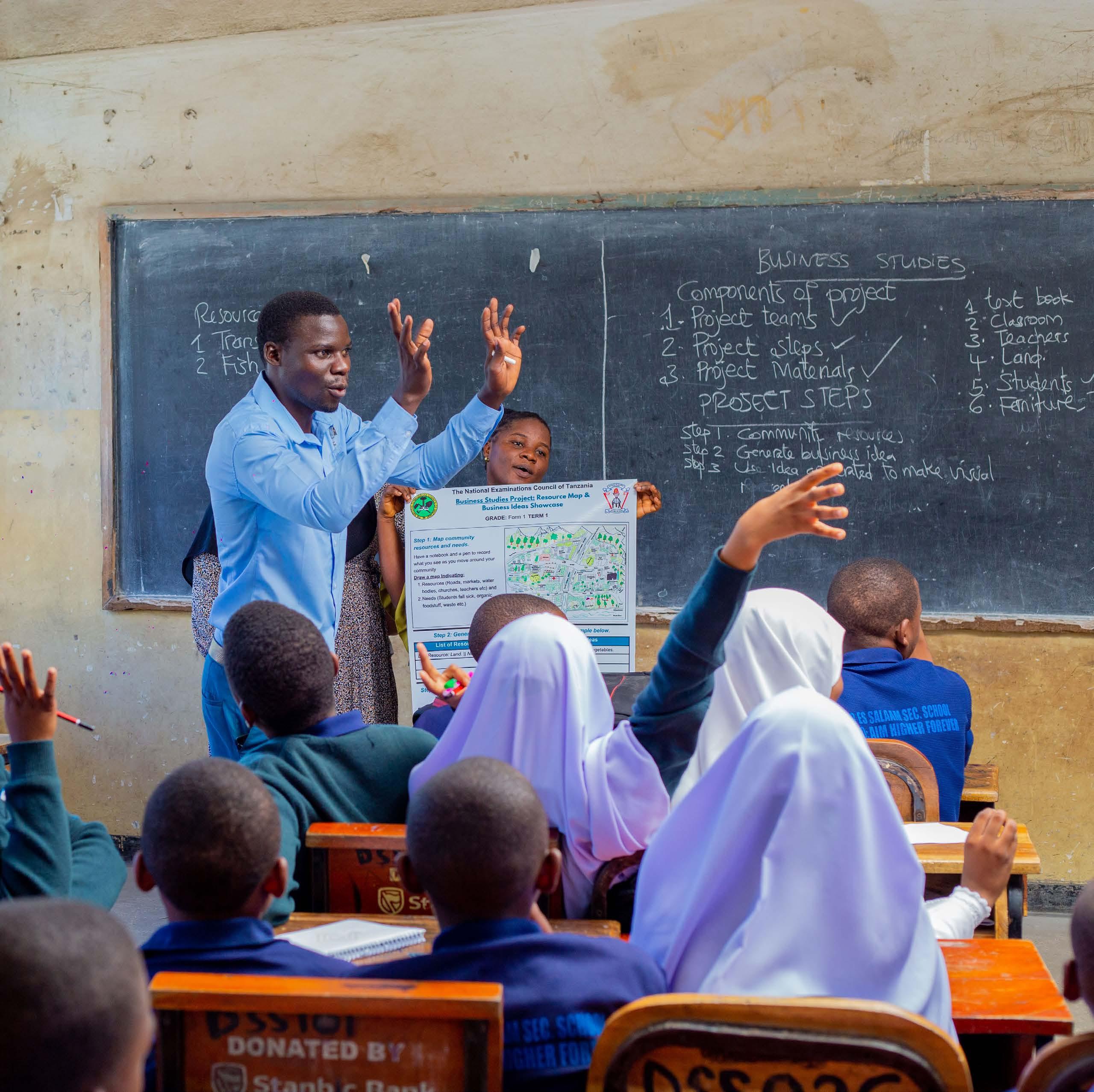
Africa has the world’s youngest and fastest-growing population. By 2035, the continent is poised to contribute more young people to the global workforce each year than the rest of the world combined.
This generation can drive growth and prosperity across the continent – and beyond – if prepared with the practical skills and experiences to build livelihoods and pursue opportunity.
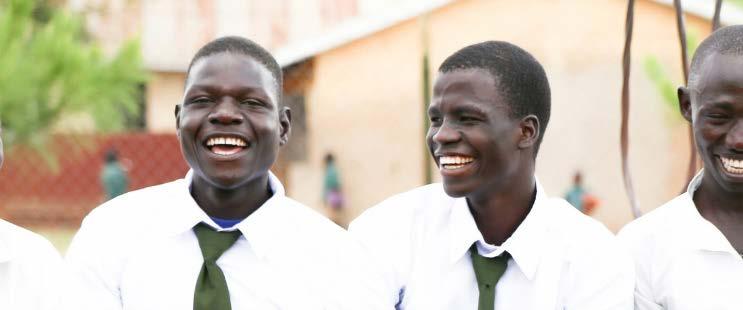
At Educate!, we’re obsessed with impact. We leverage iterative learning to build highly scalable youth employment solutions.
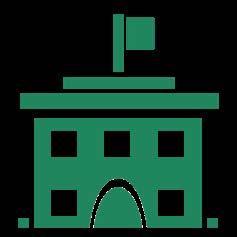
Educate! prepares youth in Africa to learn, earn, and thrive in today’s economy by: introducing an employment-focused school subject in secondary education delivering livelihood bootcamps for young people unable to access secondary education, with a focus on girls and young women in rural communities

Our long-term vision is to design solutions that measurably impact millions of youth across Africa each year.

In 2024, Educate! measurably impacted 212,000+ young people across East Africa – our biggest year yet –
Since we launched over a decade ago, Educate! has grown to reach scaling impact within and outside the classroom to equip young people with the practical skills they need to secure employment, earn an income, and start businesses.
over half a million
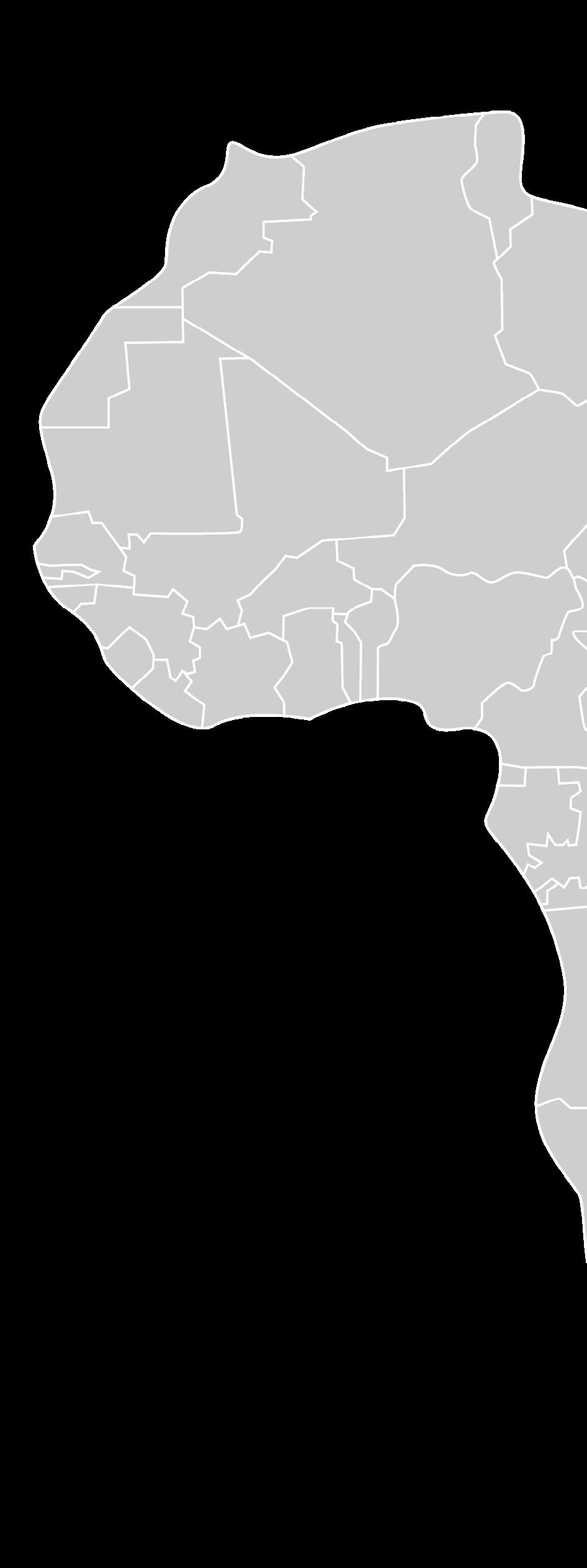
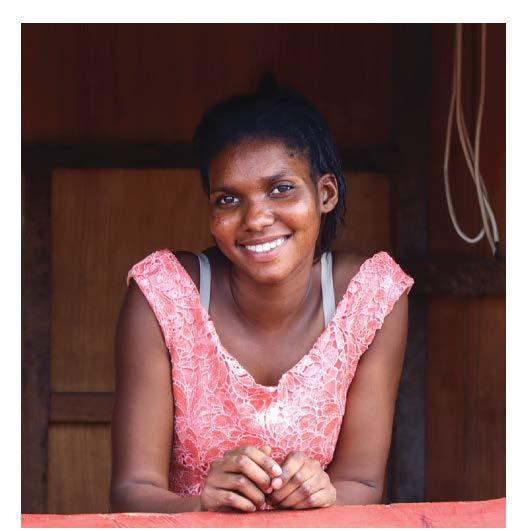
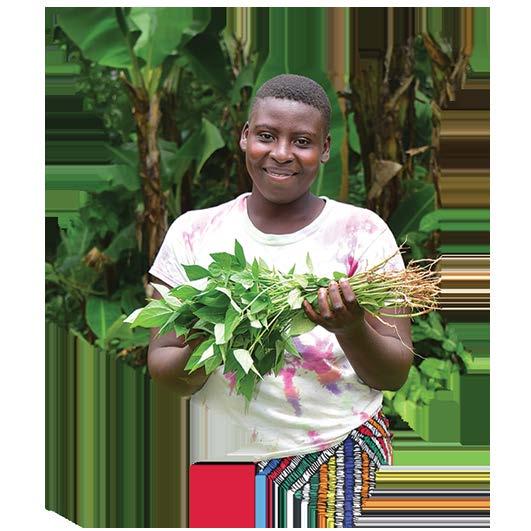
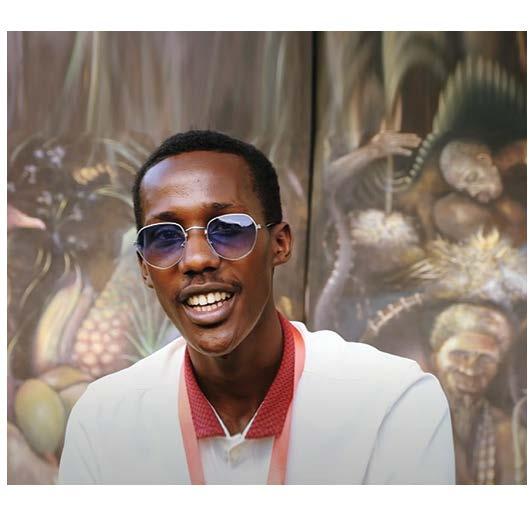
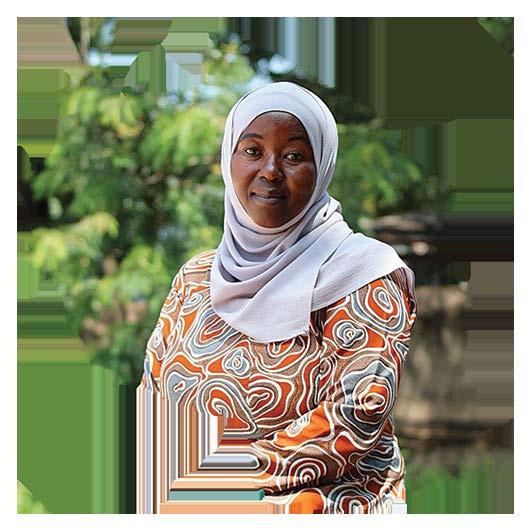
“I learned how important it is to keep records in my mobile money shop — now customers can’t cheat or claim I made a mistake.”
“At the livelihood bootcamp, they said: ‘Even if you have just 10, 20, or 50 shillings [less than USD $1], save to start something.’ A growth mindset is key.”
“Our school business club inspired me to start my business, Golden Art Painting. Making a profit from my art was a turning point.”
Ronald, Rwanda

“Teaching in a more practical way has made a big difference. Students think outside the box and bring more energy into class.”
Namsifu Abdu, Tanzania
Our core experience, delivered in and out of schools, prepares young people with the most essential skills to succeed in today’s economy.

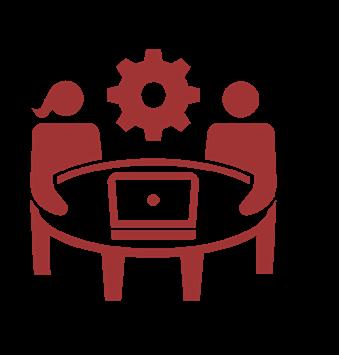
Youth develop transferable skills like communication and critical thinking, alongside business skills like budgeting and market research.
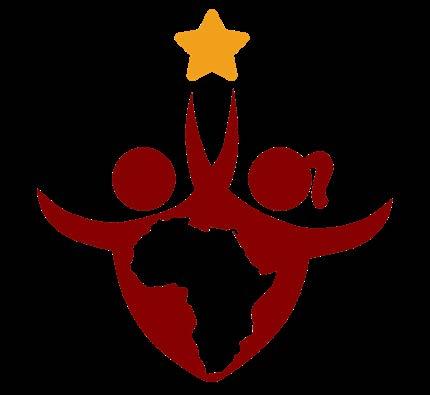

Youth receive individualized support that helps them tackle challenges and drive towards goals.
Youth gain hands-on experience starting a business, building agency and realworld skills.
Mentors, trainers, and teachers who deliver Educate!’s core experience often report a noticeable before-and-after effect for young people.
This shift doesn’t happen by accident. We aim to deliver a transformative learning experience that helps young people develop practical, market-relevant skills for work. Through Educate!, youth engage in real-world learning and gain hands-on experience starting a business, while receiving individualized support.
A powerful cross-cutting theme is the message “I am the solution.” When young people see themselves as problem-solvers, they build the skills and confidence to tackle challenges and pursue economic opportunities, uplifting themselves and their communities.
Babalanda Yosam, 27, from Uganda, exemplifies this transformation. Once a quiet Educate! secondary student, he now owns an agribusiness. With a degree in agriculture and community development, he returned to Educate! as a trainer for young people like Bridget.
“As an example to youth, I build morale and spirit.”
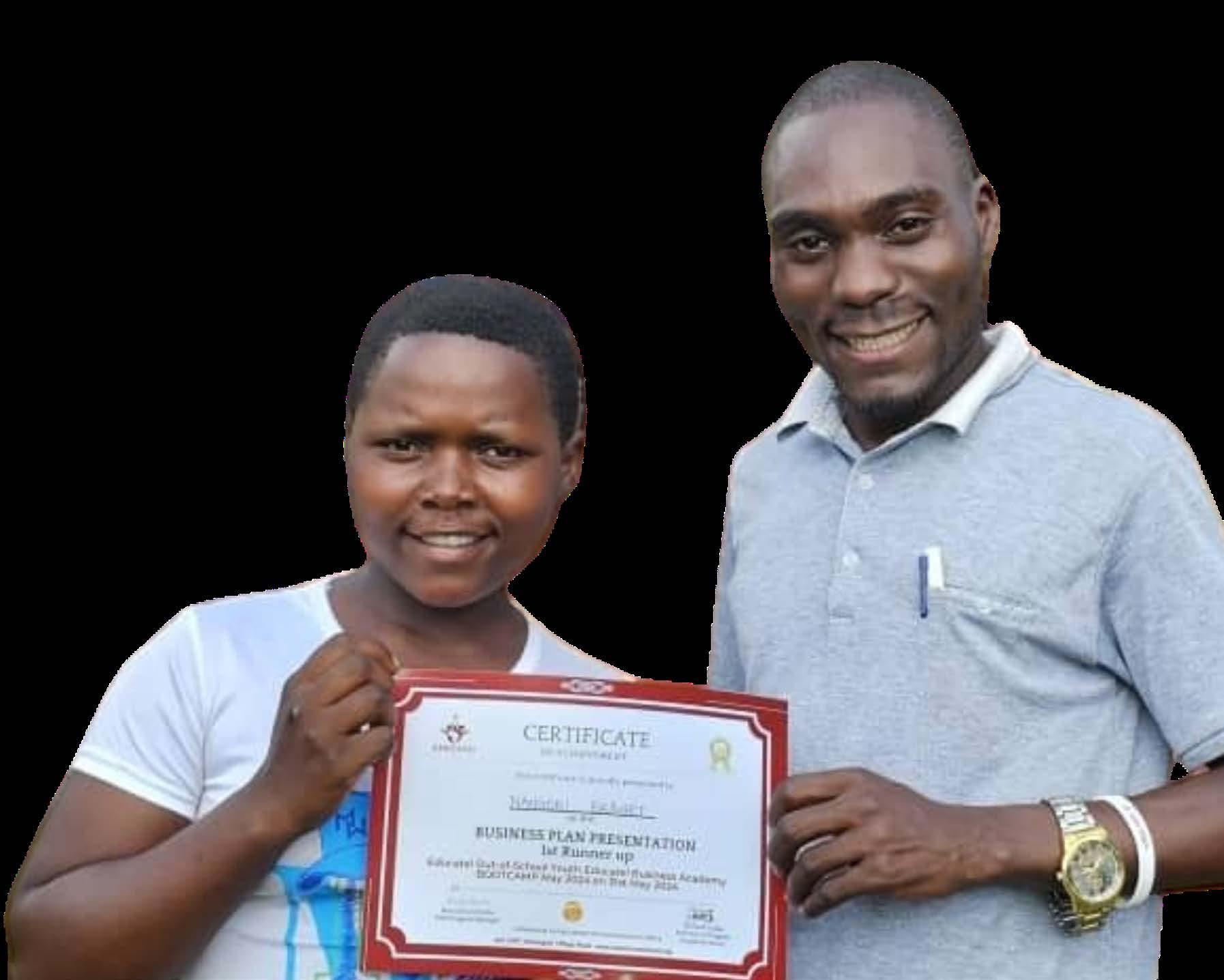

“The livelihood bootcamp changed my perception of women. I have no husband, but I can earn money and pay my son’s school fees.”
Building girls’ agency is a key objective of Educate!’s gender equity strategy. For young women like Oliver, it’s essential for growing economic independence.
From model design to implementation, we address barriers to young women’s participation in learning and the labor market, facilitating gender-responsive environments and building supportive communities around girls.
After leaving secondary school to care for her son, Oliver felt her future was out of her hands. But after attending Educate!’s livelihood bootcamp in Uganda, she’s now carving her own path.
Oliver leveraged tools from the livelihood bootcamp to launch a business selling household essentials and clothes. Now, she dreams of running her own boutique and is working towards contributing to her younger siblings’ school fees.
Agency is the belief and ability to shape your own story. It’s about setting goals and remaining resilient through challenges. For youth across Africa, especially girls and young women, agency plays a critical role in supporting successful transitions into the labor market and adulthood.
But agency can be hard to see — and even harder to measure. That’s why our teams evaluate outcomes for youth in addition to how they feel.
Through rigorous external evaluations and rapid internal assessment cycles, we track young people’s economic activity alongside gender equity outcomes and shifts in self-perception.
We measure young people’s growing self-belief, exploring whether they feel empowered to make decisions and shape their lives.
For example, we ask: “Do you see yourself as a leader? Do you feel you can make decisions that influence your life? Who do you think is best placed to initiate a solution to challenges you see?”
By gathering insights into perceptions and experiences, we aim to foster the agency and confidence youth need to pursue goals.
“While important, financial outcomes alone don’t capture the transformation we aim for. We want to see if we’re expanding young people’s sense of what is possible.”
Meghan Mahoney, Global Director of Research, Measurement, and Evaluation
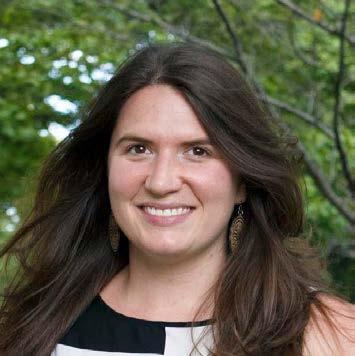
To build solutions that best meet the needs of young people, we continuously measure, learn, and iterate.
Educate! takes a “product-led” approach to building and delivering solutions for young people. Product development originated in the private sector but cuts across all fields. For Educate!, product-led means we’re driven by building evidence-based, repeatable, and highly scalable “products” that effectively address youth challenges and transform lives.
We do this by continuously testing, evaluating, and learning alongside young people, teachers, and policymakers — our “customers” — to make data-driven decisions. At Educate!, we ground this approach in key strategic anchors that drive us towards measurable impact at scale.
We invest deeply in understanding the problem we aim to solve. Working in small, agile teams, we test hypotheses, gather new ideas, and adjust. Our goal is to make decisions based on data and feedback, not assumptions.
We evaluate our approach against impact benchmarks at every stage of development. We use rapid evaluation to measure immediate and medium-term impacts alongside rigorous external research to assess long-term outcomes.
We co-design sustainable and scalable models with those closest to the problem. If a model works for 100 youth but can’t scale to 10,000, we refine it. Through this process, we build impactful models that can adapt to diverse contexts.
Photocredit:SarahKenyi

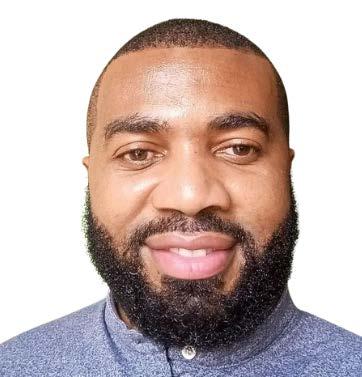
“Educate!’s startup mindset keeps me focused on innovation and impact. It’s about never settling, always questioning how things can be done better, and experimenting. I constantly think about how we can improve, whether it is designing new methodologies, testing creative youth recruitment strategies, or iterating on training models.”
Brian Mwachofi, Senior Design and Training Associate, Kenya
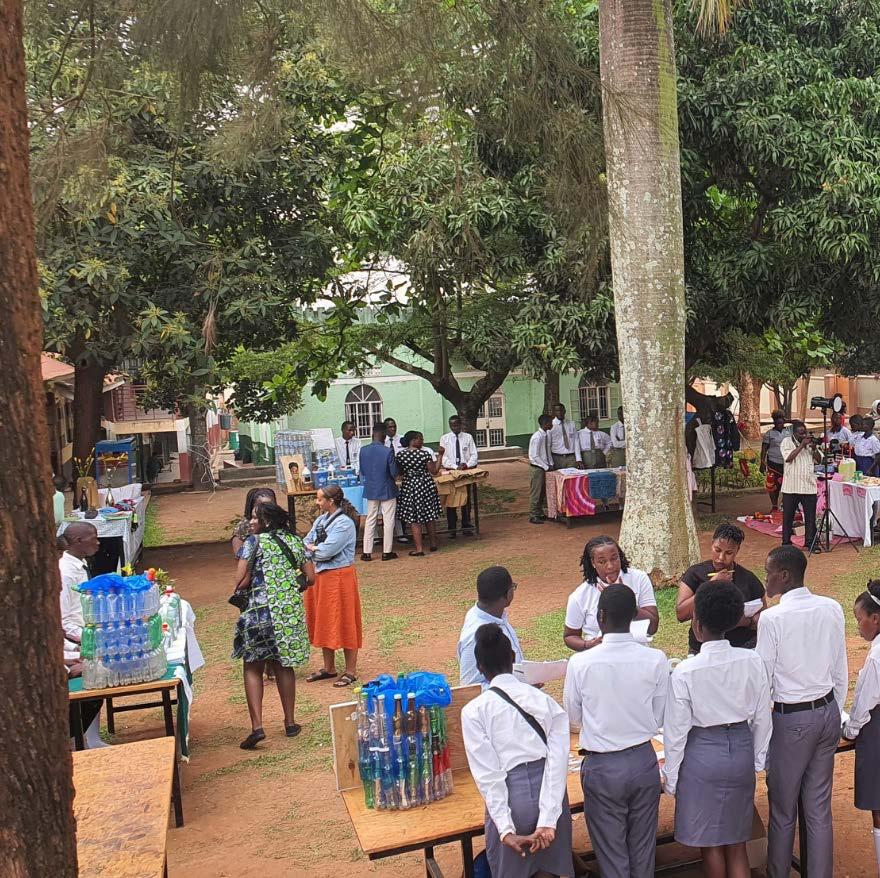
Across Africa, educators and policymakers are reimagining what schools teach and how they teach it to align education with the realities of today’s labor market. By partnering with governments, schools, and teachers, we aim to strengthen the link between classroom learning and the world of work.
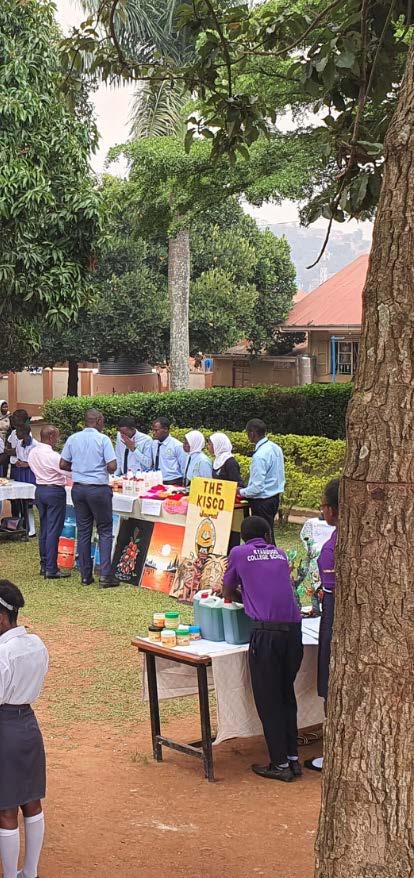
In Uganda, Educate! youth mentors deliver our model, the Educate! Experience, directly in secondary schools. In 2024, we measurably impacted over 36,000 secondary students across 800+ partner schools.
Young people engaged in an interactive skills curriculum coupled with mentorship and practical experience starting businesses.
As our longest-running model, the Educate! Experience serves as a learning lab to inform our approach across countries. In 2024, we explored how to further integrate sustainable business practices across 36 schools, expanding young people’s environmental knowledge and resiliency.
Within the pilot, youth engaged in activities like upcycling and waste management. They also launched small businesses — producing natural detergents or repurposing plastic into fencing — and tackled community challenges.
Looking ahead, we’re applying insights from the pilot to inform curriculum design and explore how to support young people to build sustainable livelihoods.
For over a decade, Educate! has served as a technical advisor to governments, working together to scale employment-focused learning to millions of students.
Guided by our three-stage approach, our team made significant strides alongside government partners in 2024, further integrating workforce skills and student-centered learning in Rwanda and advancing a new secondary school subject in Tanzania.

Since 2015, Educate! has partnered with the government of Rwanda to integrate employment-focused learning into the national education system. Together, we worked to reform the Entrepreneurship subject, which is now reaching 170,000+ students annually.
The subject builds employment skills and provides youth with real-world experience starting businesses and leading community projects.
In 2024, we focused on sustaining impact. Together with the government, we advanced a new focus on project-based learning by helping roll out project-based assessment nationally across the Entrepreneurship, Biology, Chemistry, and Physics subjects.
Projects serve as an important tool for translating policy into the classroom, creating a simple approach that engages youth in experiential learning — and one that can be scaled and measured nationwide.
Across subjects, students developed marketing plans, collaborated with peers, and created innovative products like irrigation machines and walking canes for the visually impaired.
Educate! also collaborated with government partners to deliver coaching to teachers, building their capacity to assign and assess projects.
In Rwanda, project scores are integrated into a national database: the Comprehensive Assessment Management Information System (CAMIS). Developed by the government, Educate!, and key partners, CAMIS provides policymakers with a platform to collect and store assessment data, which can then be leveraged by schools and policymakers to assess progress and guide evidence-based decision making.
In 2024, Educate! supported the development and adoption of CAMIS, working alongside partners to register 85% of teachers on the platform.

Ornella, the founder and CEO of Code Empowerment Progress, credits the Entrepreneurship course in Rwanda for inspiring her to think boldly. She gained business planning and leadership skills, which supported her in launching an initiative that teaches coding to students — especially girls. At 19, she’s already shaping her future and creating opportunities for others.
“The Entrepreneurship subject helped me think outside the box to create a business. I never saw myself employing other people – this is a huge achievement for me.”
In 2024, Educate! advanced our partnership with the government of Tanzania and the Tanzania Institute of Education (TIE), signing a new Memorandum of Understanding to support the development and roll-out of the country’s new Business Studies subject.
Once fully implemented, the subject will impact three million students, preparing youth in Africa’s fifth most populous country with the employment skills to thrive in the 21st-century labor market.
Over the course of the year, we worked alongside government and education stakeholders, co-designing

pilots to gather insights from educators and youth and develop the curriculum.
These efforts laid the groundwork for a major milestone: Tanzanian President Dr. Samia Suluhu
Hassan officially launched Business Studies as a compulsory subject, emphasizing its potential to equip youth for employment and selfemployment.
This momentum is already translating into real-world impact: students are putting their skills into action, starting small businesses selling snacks, football jerseys, and more to apply skills and earn an income while still in school.
“Teachers have received Business Studies with both hands as it helps students connect theory with practice. AI is replacing people, but even in this changing landscape our students are prepared and innovative.”
Hoseni Njau, Headteacher, Dar es Salaam Secondary School
Today, over 50% of secondaryage youth are out of school across East Africa, and as few as 1 in 20 girls in rural communities are on track to complete their secondary education.
Financial constraints, social pressures, and gendered dynamics create barriers that disproportionately affect young women.
Educate!’s livelihood bootcamps aim to bridge this gap, providing an inclusive learning experience
for young people in rural communities, especially girls, who are unable to return to the classroom.
Through hands-on activities and the support from a local trainer, young people develop the knowledge, mindset, and skills to pursue economic opportunity and increase earnings within their local labor market.
In 2024, we scaled to more young people and worked to deepen impact, reaching over 6,000 young people in Kenya and Uganda.
“As an organization, we don’t work in isolation. When we go into districts, we learn about existing structures and identify community leaders who connect us to youth. Culture connects you to communities.”
Dorothy Namubiru, Program Manager, Uganda

Experiential learning enables young people to build real-world labor market skills.

In one practical activity, “the pencil test,” youth are tasked with going into the community to barter with a single pencil. One learner famously returned with a chicken! The exercise sharpens communication and negotiation skills.

Hanifah’s education came to a halt at 14 years old due to financial challenges. Two years later, she left her home in Uganda and married soon after. By 26, she was a devoted mother of four, yet unsure of her potential, she says.
Through Educate!’s livelihood bootcamp, Hanifah practiced pitching, budgeting, and prototyping ideas. She strengthened her skills and business acumen and began generating income from a small plot of land her family owned.
Previously, she’d give away the surplus of food she’d grown to feed her children. “I used to give away everything to neighbors,” she says. “I never imagined I could sell and earn from my harvests.”
Drawing on the lessons in business planning, saving, and customer research, Hanifah soon launched an agribusiness selling tomatoes, yams, and sugarcane.
Before long, Hanifah had made her first transaction. Within seven months, she generated nearly 2 million Ugandan shillings in sales (about USD $530) enough to buy more seeds, invest further, and contribute to her children’s school fees.
Looking ahead, Hanifah dreams of purchasing an additional acre of land to plant 10,000 tomatoes and has already drafted a plan for a second business, a car wash.
“Youth in Africa are courageous and hardworking. Low income earners can move forward, step by step. We just need knowledge so that we can prosper.”
Hanifah, Livelihood Bootcamp Graduate, Uganda
Our Rapid Impact Assessment system generates real-time insights on how our approach drives impact for youth.
We know that to build effective approaches that continuously meet young people’s needs, especially those facing the greatest barriers, we need to learn fast.
To do this, Educate! uses a Rapid Impact Assessment (RIA) system.
Through the system, our team engages in learning ‘sprints’ to test hypotheses and assess how changes in model design and delivery affect real outcomes.
For example, we use A/B tests — sideby-side comparisons — to examine key components within the livelihood bootcamp, such as curriculum and schedules.
We also use controlled evaluations, comparing outcomes for participants with youth who did not attend.
The system examines short- and medium-term outcomes that signal skill development and improved economic outcomes, such as earnings, business creation, and saving.
As a model develops in maturity and prepares for scale, we increase the rigor of evaluation, working towards an externally run controlled evaluation.
In 2024, we ran multiple RIA cycles to examine how our livelihood bootcamps are driving youth outcomes.
The results provided valuable insights that will inform the model design moving forward.
Across cohorts, Educate!’s livelihood bootcamps demonstrated consistent impact on key economic outcomes.
Three to six months after, youth are seeing increases in income and business ownership.
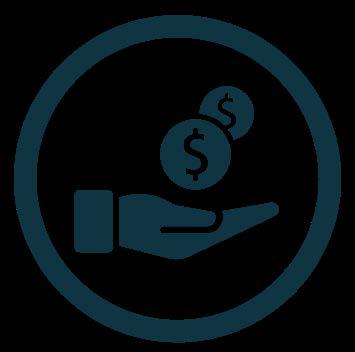
50-150%+ relative income gains

25% absolute increase in business ownership, with a quarter of participants launching businesses for the first time after the bootcamp
More promising is the outsized impact on young people who previously had minimal economic activity — demonstrating that livelihood bootcamps can unlock opportunity where it’s needed most.
“I had no idea how many people depend on these young women for their livelihoods, making their businesses more significant than we imagined.”
Dzingai Mutumbuka, Educate! Board Member and Former Minister of Education, Zimbabwe
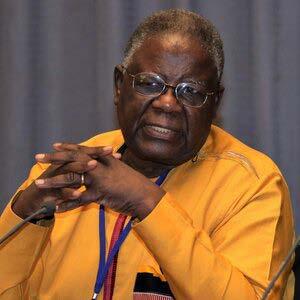

Our team joined a World Bank webinar to explore strategies to maximize investment in education, discussing how projects can support effective competency-based curriculum reforms.
J-PAL featured Educate!’s Rapid Impact Assessment system, showcasing how we test and adapt our approach through data and learning before we scale.
At the EdHeroes 2024 Global Forum, our team highlighted how culturally-driven design creates more relevant learning experiences, underscoring the power of localization.
The Stanford Social Innovation Review spotlighted Educate!’s approach to reforming national education systems in Rwanda, sharing key learnings for effective education reform and systems change through co-design with government.
In a United Nations Girls’ Education Initiative (UNGEI) interview, we shared the challenges young mothers face in rural East Africa and how livelihood bootcamps are driving impact by increasing agency.
At the Education World Forum, our team immersed attendees in an Educate! lesson demonstrating the power of collective problem-solving and hands-on learning in addressing global challenges.
In a Brookings article, Former USAID Chief Economist Louise Fox cited Educate!’s model as one solution aligning skill development and labor market needs, bridging the link between education and economic opportunity for youth.
Published by Global School Leaders, Educate! joined 58 organizations in creating a policy toolkit for scaling impactful solutions through government partnerships and education reform.
Educate!’s work delivering livelihood bootcamps was profiled in Imaginable Futures’ “Learning Reimagined” report, guiding educators, policymakers, and advocates toward a more resilient and equitable future for learning.
We are deeply grateful for the generosity of our many partners and champions, including those not listed here, whose investment has enabled us to learn and grow — impacting half a million youth to date.
$250,000+
Anonymous (3)
Atlassian Foundation International
Children’s Investment Fund Foundation (CIFF)
Echidna Giving
Founders Pledge
Hampshire Foundation
Imaginable Futures
Livelihood Impact Fund
Ray and Tye Noorda Foundation
Rippleworks
Stone Family Foundation
Wellspring Philanthropic Fund
$100,000 - $249,999
Anonymous
Global Partnership for Education Knowledge and Innovation Exchange, a joint endeavour with the International Development Research Centre, Canada
Lind Foundation
Medicor Foundation
Pilot House Philanthropy
Rainwater Charitable Foundation
Stichting Dioraphte
$50,000 - $99,999
Efrusy Family Foundation
John F. and Mary A. Geisse Foundation
L’Oréal Fund for Women
T&J Meyer Family Foundation
$10,000 - $49,999
Amy Kates
Anonymous
ECOM Foundation
Nu Skin Force for Good Foundation
Peter Cundill Foundation
Radhika Malpani
Umsizi Fund
The West Foundation
$2,000 - $9,999
Anonymous
Big Win Philanthropy
Brian and Claire Makare
James Aguirre
Kiran D’Souza
Michael McGoldrick and Terry Galpin
Nancy and David Ratner
Vinay D’Souza
Wendy and Scott Falk
The figures below represent unaudited financials for 2024. Full audited financial statements will be shared on our website when available.
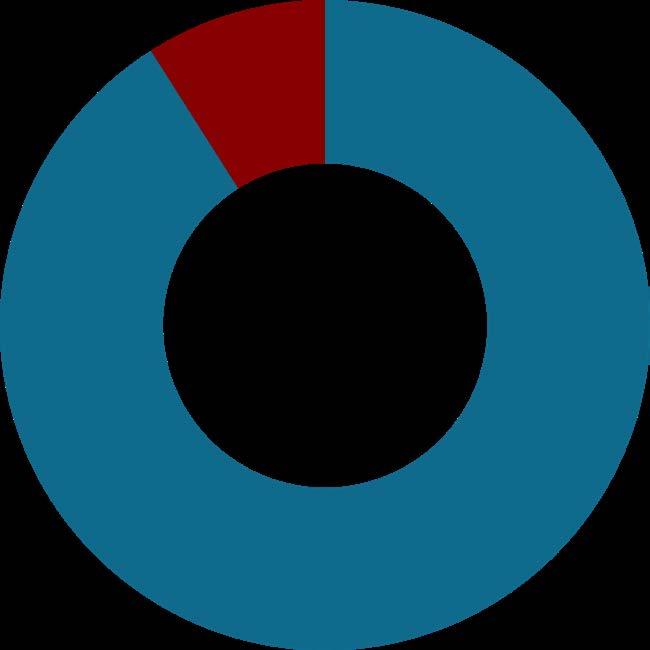
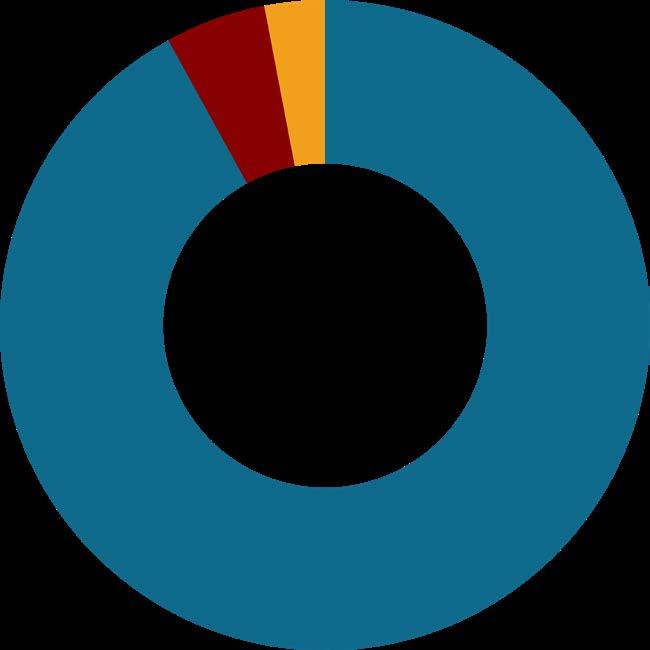
CHANGE IN NET ASSETS
Net assets at beginning of year
Change in net assets $24,166,768 $22,217,483 -$1,949,285
LIABILITIES AND NET ASSETS
Current assets Other & long-term assets Total assets $11,083,730 $17,483,665 $28,567,395 ASSETS Current liabilities Other & long-term liabilities Net assets Total liabilities & net assets $4,167,128 $2,182,785 $22,217,483 $28,567,395

Jeff Aludo Founder and Chief Strategist, The Aludo Group; Former Director, PwC

Nikita Miller
SVP Head of Product, The Knot Worldwide; Former VP of Product, Dooly; Former Group Product Manager, Trello (Atlassian); Former Principal Product Manager, Knewton
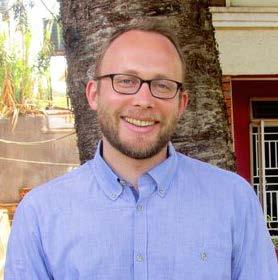
Boris Bulayev CEO and Cofounder, Educate!
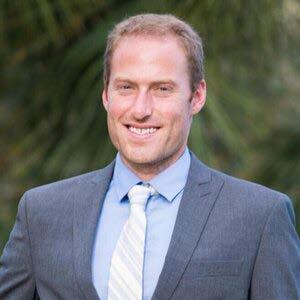
Eric Glustrom Chair
Co-founder, Educate!; Founder & CEO, Watson Institute
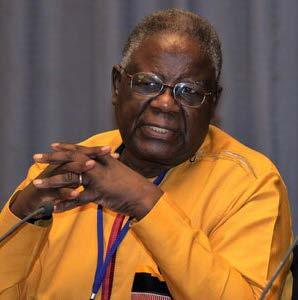
Dzingai Mutumbuka
Former Minister of Education, Zimbabwe; Former Senior World Bank Official; Former Chairman, ADEA


Amy Kates Treasurer Owner, Amy Kates Organization Design Advisory

Mohamed Osman CEO, Spring Impact Devang Vussonji Co-founder, Axum; Director, Elimu-Soko

Radhika Malpani Lecturer, Stanford University; Associate Adjunct Professor, UC Santa Cruz; Founder, Google Images; Former Senior Engineering Director, Google
The Educate! Brain Trust is an advisory group lending insights to Educate!’s development of livelihood bootcamps.
Nadi Albino
Deputy Director of Partnerships and Resources
Mobilization, Generation Unlimited
Paul Atherton
Founder, AI-for-Education. org; Founder, Fab Inc.; Former Education
Economist, DFID
Dedo Baranshamaje Director of Equitable Giving, Segal Family Foundation
Nick Burnett, Chair
Senior Fellow, Results for Development
Shubha Jayaram
Deputy Director of Strategy, Planning and Management, Bill and Melinda Gates Foundation
Xiaoyan Liang
Lead Education Specialist, World Bank
Teresa Mbagaya Investor; Advisor
Patrick Obonyo Programme Manager, IKEA
Nancy Taggart Former Vice President, Making Cents
International; Former Senior Advisor, USAID Foundation
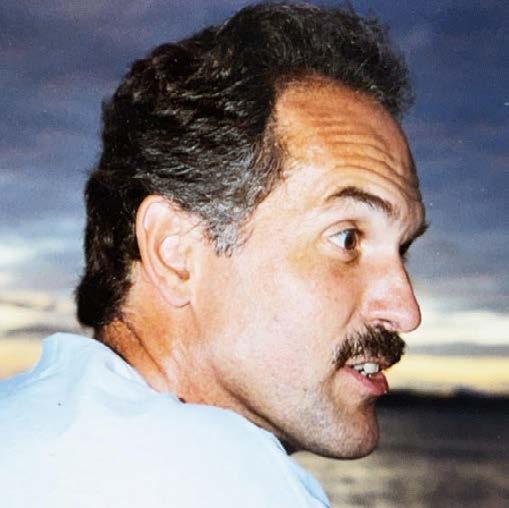
We celebrate the life of Steve Seward, who passed away in June 2024.
Steve joined Educate! in 2013 as an advisor and coach, and over more than a decade, became an integral part of the Educate! family.
Steve believed deeply in Educate!’s mission and its people, helping us grow from a team with big dreams to one with the capacity to achieve them.
At Educate!, we believe mentors can empower young people to reach their full potential and achieve more than they ever thought possible. Steve played that role and inspired so many of us.
We are forever grateful for his guidance and friendship, and for the enduring impact he left on Educate!.
